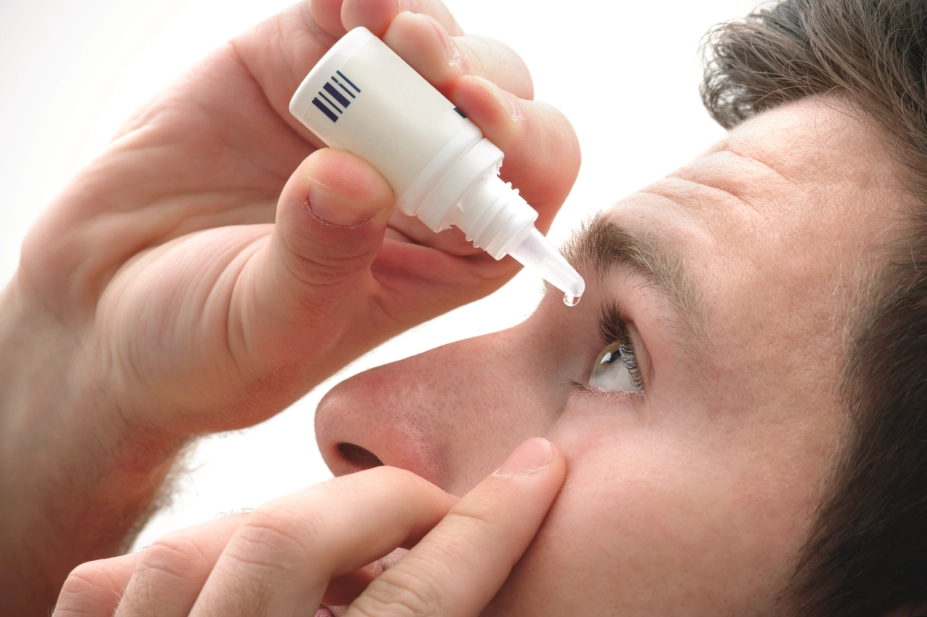An optometrist is an eye care specialist who treats eye-related issues and disorders. Optometrists Singapore are eye care professionals who typically provide comprehensive primary eye care. They are not professional doctors but licensed to practice optometry, which includes giving eye exams, writing prescriptions for contact lenses and glasses, finding abnormalities in the eye, and treating certain eye diseases. Optometrist Singapore cannot do an eye surgery but can prescribe medications and treat eye diseases. They can identify common eye abnormalities and diseases that can lead to permanent vision loss or blindness.
What is the role of an optometrist in eye care?
It is vital to take care of your eyes, even if you do not wear spectacles or contact lenses. Regular exams help identify eye diseases early and protect your vision. One should look for an optometrist if:
- You are wearing lenses and think you need glasses or contact.
- Have a significant disease like diabetes, which has a higher risk of eye disease.
- Hereditary issues in the family history of vision loss or eye disease.
- Take prescribed medicines that affect your eyes.
An optometrist might inquire about your medical history and any vision problems you’re having or present in the family history. They will make sure that your vision and your eyes are functioning correctly. Optometrists finish four years of optometry school and achieve a doctor of optometry (OD) degree.

The work area of an optometrist consists of:
- Glaucoma, a disorder that damages the optic nerve
- Age-related muscular degeneration, a condition where the light-sensitive tissue in your eyes breaks down
- Cataracts, which cover the lens of your eye with a layer of dust and lead to vision loss
- Diabetes or harm to the blood vessels in the back of the eye is related to diabetes.
An optometrist might ask you to go to an ophthalmologist, a medical doctor specializing in vision care, for further treatment or eye surgery. An optometrist makes sure to inspect the fluid pressure in your eyes for any signs of glaucoma, look after the thickness of your corneas, and check your peripheral vision.
An eye professional will also ask you to wear your spectacles or contact lenses according to the appointment to make sure you have a prescription that suits you the best. If you have enlarged eyes during the exam, bring a pair of goggles or sunglasses to protect your eyes from the harsh sun. Bright sun and lamp lights inside your house can be uncomfortable or painful for many for a few hours until the drops wear off.

